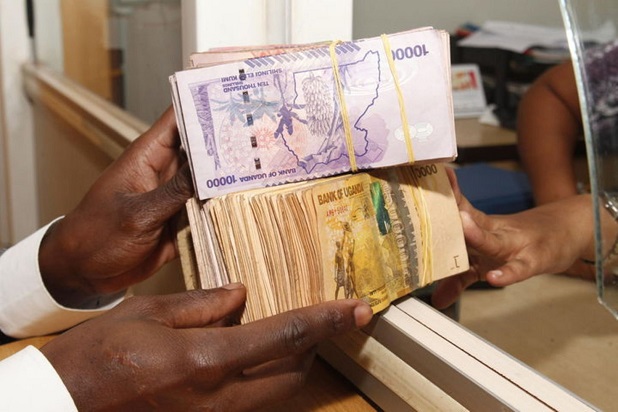The Ministry of Finance, Planning and Economic Development has revealed that Uganda has finally left the grey list after fulling some requirements needed to counter money laundering in its banking system.
The pronouncement was made by the Ministry of Finance on its official X formally Twitter handle where the Ministry wrote, “The Financial Action Task Force ( FATF), a global body mandated to lead action to counter threats of abuse of the financial system by criminals and terrorists has today removed Uganda from the Grey list.”
The pronouncement was made during the 5th FATF plenary that is currently taking place in Paris, France and it follows a recent onsite assessment to verify the reforms for anti-money laundering & countering the financing of terrorism put in place by Uganda.
“Working with FATF, Uganda successfully completed the reforms for combating money laundering, countering terrorism financing and proliferation financing in line with international standards. Through the Financial Intelligence Authority, Uganda will continue fostering the integrity and stability of the financial system,” noted Ministry of Finance.
The development comes at the time when in January 2023, Minister of State for Finance, Henry Musasizi informed Parliament that Uganda would likely to leave the blacklist it was placed on over suspicions of being a global hub for money laundering, which had alienated Uganda from some international financial platforms.
“The good news is that Uganda, through the Financial Intelligence Authority has since February 2020 been working with FATF in addressing the deficiencies in order to exit this grey list and the EU blacklist. This far, owing to the significance progress in the implementation of the international and cooperation review group recommendations, it is envisaged that Uganda could exit the grey list early 2024. To be specific, we expect to be cleared in February, assuming all goes well because we have done all the necessary submissions, we have had an on-site and we are optimistic that this time around, the good news will come.”
The Minister said that there is need for Uganda to sustain the progress that Uganda has attained in cleaning up its financial system and ensure the robust system to facilitate effective implementation of the required anti-money laundering system,
It should be recalled that in January 2022, the Financial Intelligence Authority (FIA) warned Parliament that Uganda risks being blacklisted by the Financial Action Taskforce (FATF) if the government does not tackle money laundering by May 2022 and if Uganda moved from the current grey list to the blacklist, it would lead to the cutting off of Uganda’s banking sector from the international community and no single dollar will be transacted through Uganda’s Financial system.
Government noted that the FATF maintains a watch list of countries that have significant shortfalls in tackling money laundering categorised under the grey list and the black list and Uganda made it to that list in May 2020, and if the requirements aren’t fulfilled, it would affect the Foreign Direct Investments (FDI) because investors will not want to associate with countries where bringing in and taking out money is difficult and probably choose to stay away.
Following the looming threat of Uganda being placed on the blacklist with the likes of Iran and North Korea, Government moved swiftly to pass into law several legislations to avert the threat through the enactment of; The Trustees Incorporation (Amendment) Bill, 2022, The Anti-Terrorism (Amendment) Bill, 2022, The Anti-Money Laundering (Amendment) Bill, 2022, The Cooperative Societies (Amendment) Bill, 2022, The Partnerships (Amendment) Bill, 2022, The Companies (Amendment) Bill and The Insolvency (Amendment) Bill, 2022.
As of March 2020, Iran and North Korea were the only countries on the blacklist, while the grey list has 24 nations, six of these found in Africa alongside Uganda, Burkina Faso, Mali, Morocco, South Sudan and Zimbabwe.





